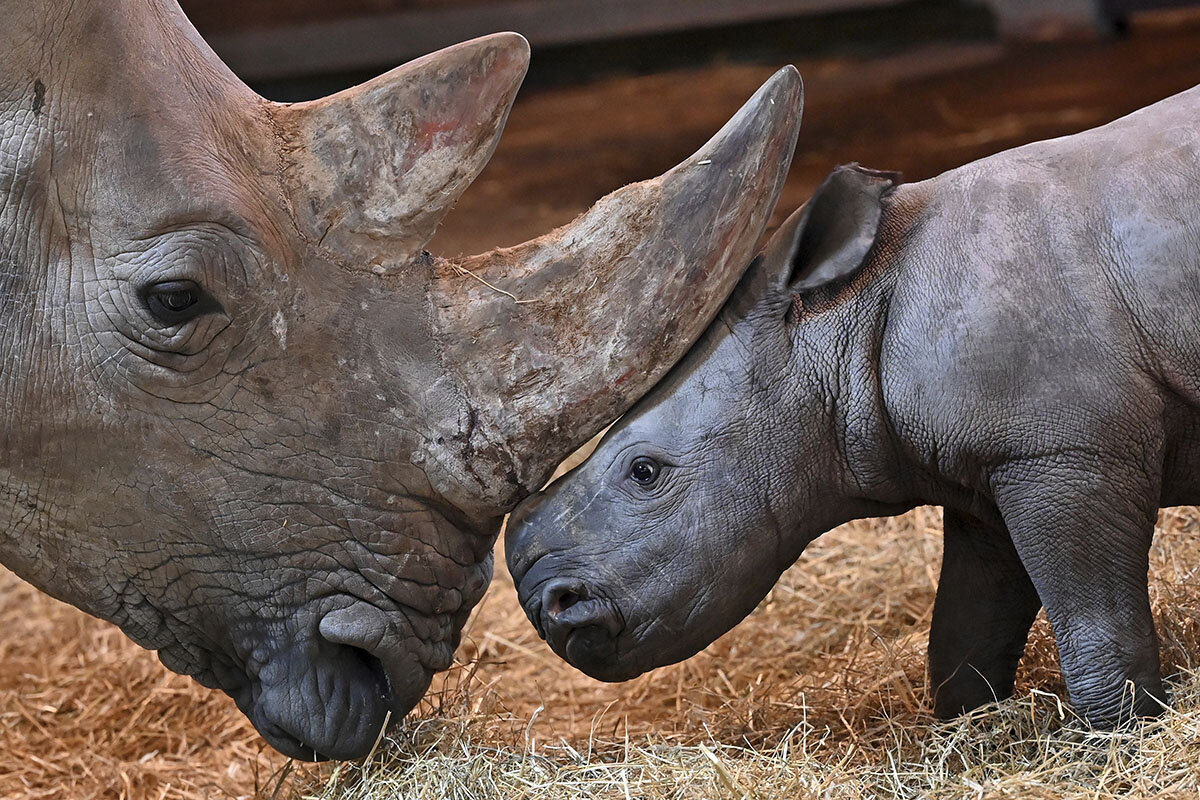Conservatives have long expressed concern about “activist judges” legislating from the bench. That may be why some of the most scathing rulings against attempts to overturn the election have come from Federalist Society judges and Trump appointees.
Monitor Daily Podcast
- Follow us:
- Apple Podcasts
- Spotify
- RSS Feed
- Download
 Kim Campbell
Kim Campbell
What will the next generation of problem-solvers look like?
We got a sense of that this past week when Gitanjali Rao, a 15-year-old from Colorado, was named the first “Kid of the Year” by Time magazine and TV’s Nickelodeon.
What makes this inventor, scientist, and mentor (to 30,000 students and counting) stand out is not only her work to identify contaminants in water or detect cyberbullying through a service called Kindly. It is her attitude: She extols failure as a path to success, recognizes that the field of science needs to include more diversity, and encourages others to act on causes they are passionate about.
In 2017, then-staff writer Amanda Paulson interviewed her for the Monitor. Besides the teen’s intelligence and thoughtfulness, she recalls Gitanjali as someone “who truly cares about making the world a better place.”
The way Gitanjali sees it, solving the world’s problems will take people recognizing their own inner innovators. “It’s not easy when you don’t see anyone else like you. So I really want to put out that message: If I can do it, you can do it, and anyone can do it,” she tells actor and Time contributing editor Angelina Jolie.
Tonight, Time will unveil its “Person of the Year” on a special broadcast on NBC. The finalists are Joe Biden, Donald Trump, front-line health care workers and Dr. Anthony Fauci, and the movement for racial justice.
One day soon, Gitanjali may end up on that list, too.










